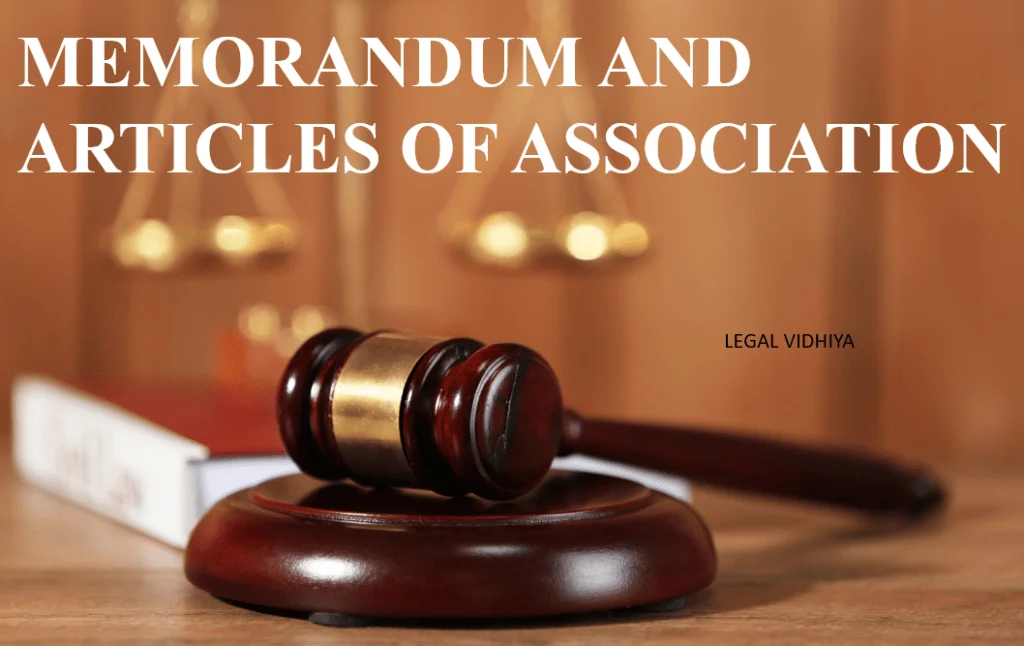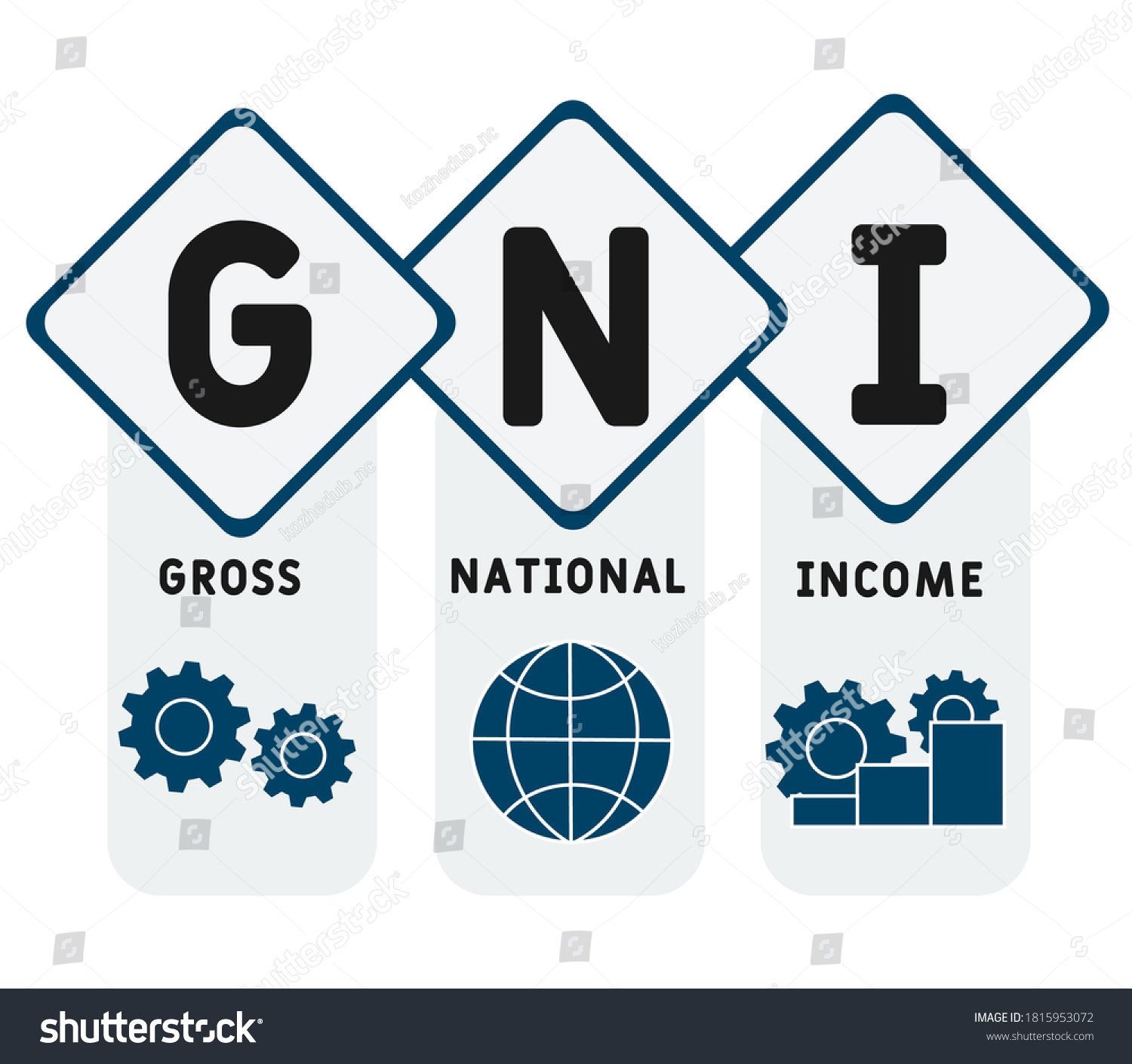Memorandum of Association (MOA): A Key Document for Companies

Memorandum of Association (MOA): A Key Document for Companies
The Memorandum of Association (MOA) is a fundamental legal document that defines the scope and purpose of a company. It serves as the company’s charter, outlining its relationship with shareholders, stakeholders, and the legal framework under which it operates. This document is essential for company incorporation and ensures the business operates within its defined objectives.
What is a Memorandum of Association?
The MOA is a public document that establishes the company’s identity and its activities. It is registered with the Registrar of Companies (RoC) during incorporation. The MOA specifies the boundaries within which the company must operate, and any activities outside these boundaries are considered ultra vires (beyond the powers) and, therefore, invalid.
Objectives of a Memorandum of Association:
- Defines the Scope of Activities: Clearly states what the company can and cannot do.
- Establishes Legal Identity: Serves as a legal declaration of the company’s purpose and powers.
- Protects Shareholders and Stakeholders: Ensures transparency and defines the company’s responsibilities toward stakeholders.
- Ensures Legal Compliance: Aligns the company’s operations with the law.
Contents of a Memorandum of Association:
The MOA comprises six mandatory clauses:
- Name Clause:
- Specifies the company’s name, which must comply with legal naming conventions.
- For instance, private companies must include “Private Limited” in their name.
- Registered Office Clause:
- Declares the state where the company’s registered office is located.
- Helps determine the jurisdiction of legal authorities.
- Object Clause:
- Defines the primary and ancillary objectives of the company.
- Ensures the company’s activities align with its stated purpose.
- Liability Clause:
- Specifies the extent of liability of company members, which could be limited by shares or guarantee.
- Capital Clause:
- States the authorized share capital and its division into shares of fixed value.
- Subscription Clause:
- Contains the names of initial subscribers and the number of shares they agree to hold.
Importance of MOA:
- Legal Foundation: The MOA provides the legal foundation for a company’s formation and operation.
- Operational Boundaries: Prevents the company from engaging in unauthorized activities.
- Investor Confidence: Enhances transparency, helping investors understand the company’s objectives and limitations.
- Public Disclosure: Being a public document, the MOA is accessible to anyone who wishes to know about the company’s purpose and structure.
Alteration of Memorandum of Association:
The MOA is a rigid document, but it can be altered under specific conditions and with the necessary approvals. Changes may be required for the following reasons:
- Change in Name: Requires approval from shareholders and the Registrar of Companies.
- Shift in Registered Office: May need state government approval if shifting between states.
- Amendment of Object Clause: Requires a special resolution and, in some cases, approval from authorities like the Central Government.
- Modification in Capital Clause: Adjustments can be made to authorized share capital with shareholder approval.
Memorandum of Association vs. Articles of Association:
| Aspect | Memorandum of Association | Articles of Association |
|---|---|---|
| Purpose | Defines the company’s objectives and scope. | Regulates the internal management and operations. |
| Alteration | Requires legal formalities and approvals. | Can be altered more easily within legal provisions. |
| Mandatory | Required for company incorporation. | Optional for some types of companies. |
| Focus | External relationships with stakeholders. | Internal relationships between company members. |
Conclusion:
The Memorandum of Association is a cornerstone of corporate governance. It not only defines the company’s purpose and powers but also protects stakeholders by ensuring transparency and accountability. For businesses, adhering to the MOA is essential for maintaining legal and operational integrity. Understanding its significance and structure is critical for entrepreneurs, investors, and corporate professionals to ensure smooth functioning and compliance.



Post Comment